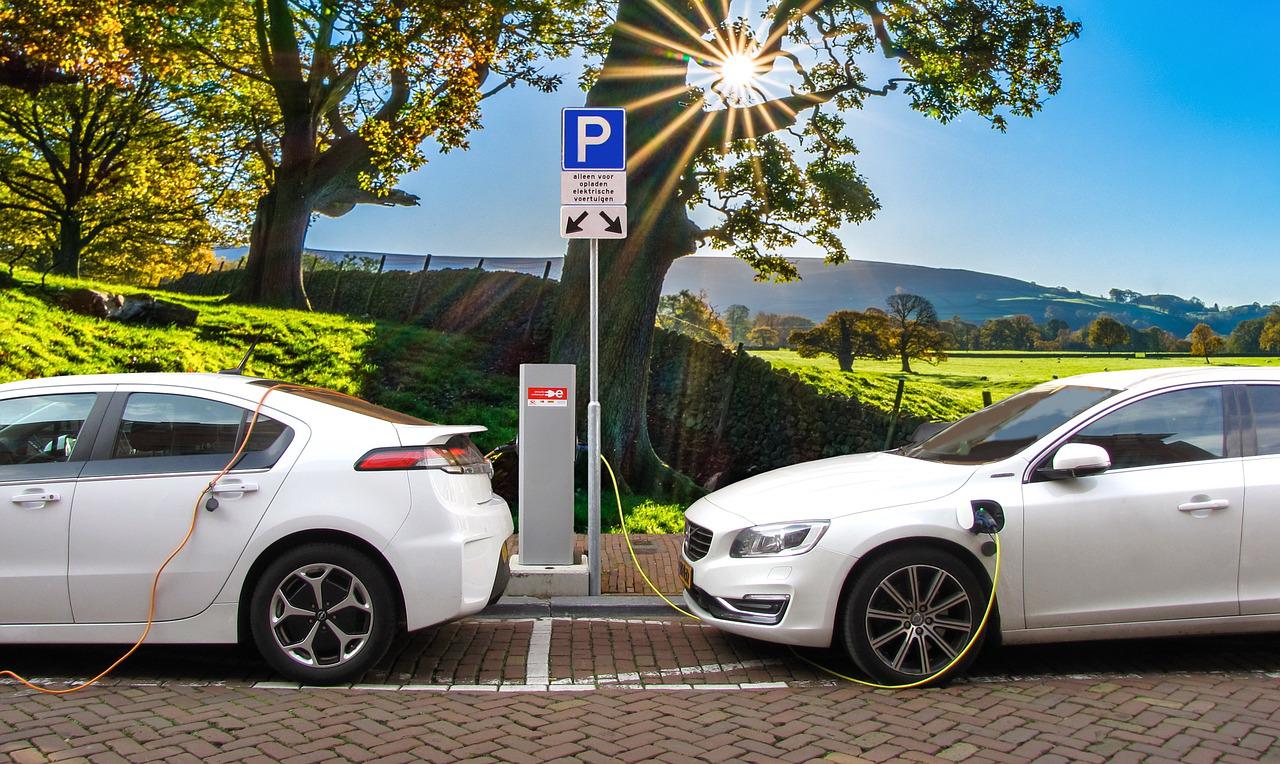If you are in the market for a new car, you may be considering making the change to an electric vehicle. Though they are not suited to everyone, there are definite bonuses with regards to electric vehicles for the right type of person. There are many reasons to get behind the EV movement currently taking hold of the nation, and in this article, we cover the best ones.
Where to Begin Your Research
Any big financial commitment requires planning and research. One way to figure out where to start and what you might need is by seeking an expert opinion. You can get started on ElectriX, which is a website run through LV Insurance and provides all the tips, tricks, and information you might want to know before you make the purchase. These guides cover everything from potential costs to insurance queries and anything in between.
Why are Electric Cars a Good Investment?
If you have started the thought process, then the chances are that you already know some of the benefits to switching to an electric vehicle as opposed to fossil fuel-type motors. The six reasons below represent all the best parts.
They Are Better for the Environment
These types of cars have noticeably less, if any, harmful emissions. Diesel and petrol-run cars are a massive burden on the world when it comes to hurting the atmosphere, and they are a general drain on the environment. Motorists are going to have to find alternate methods of travel one day soon. This is why the electric vehicle movement is undeniably growing and attracting more and more drivers.
With the shift to electric vehicles, the development and availability of commercial electric car charging stations are important in supporting this transition. As drivers increasingly lean towards environmentally friendly alternatives, the presence of accessible charging infrastructure becomes essential. There are a lot of commercial electric car charging stations from ACP, Gobins, ChargePoint, and Electrify America that support the goal of reducing greenhouse gas emissions and improving sustainable driving practices. The expansion of such charging networks is important in making electric vehicles a feasible option for a wider audience, making greener transportation more accessible.
With all the focus on climate change and emissions, the policy will soon be changing to reflect the necessary changes, and the way we use our roads is a major part of this. Electric vehicles provide a much more sustainable long-term solution to combat environmental risks, especially when coupled with sustainable energy charging methods (think solar panels or wind turbines, for example).
They Are Quieter
Another undeniable pollution caused by vehicles generally is noise pollution. But did you know that electric vehicles are one of the quietest modes of transport currently in production? What makes them so quiet compared to other cars? It is down to their lack of an internal combustion engine. In fact, they have no real engine at all; instead, they use a motor to power the vehicle that does not make anywhere near the same amount of noise as petrol or diesel cars. The only real noise comes from the natural sound of the tyres on the road.
They Are Easier to Run
Just imagine never having to worry about finding a petrol station ever again. You don’t have to think about rising fuel prices, or whether or not fuel will be available. This is a major cause of journey delays reported by motorists, so if you have the chance to avoid that, it can only be seen as an advantage! Electric vehicles are powered by their amazing batteries, and this process is easy to do from your own home. In fact, it is an integral part of owning such a car and an in-house charging station provides comfort and peace of mind, not to mention the ease of access. No more queues and no more competition, simply plug in the vehicle and leave it to charge for as long as necessary. This might be overnight, for example, but as long you have somewhere secure with enough space, then you are good to go.
There are no gears on electric vehicles which means an easier driving experience as there is less to think about while you are out and about maneuvering. All you have to do is switch the car on and put the vehicle into drive mode – that’s it and off you go! Unlike automatic fossil-fuelled cars, there are no further gear changes required. You just have to choose between forward and reverse.
They Have Fewer Parts
When we say fewer parts, we mean in comparison to fossil-fuelled vehicles. They are physically made up of fewer components which means you will naturally have fewer repairs to worry about. These parts are often more sustainable and built for longevity. The batteries that power the cars can last for upwards of a decade, for example. You will of course have to maintain the usual stuff such as your tyres and your brakes, but you won’t have to worry about maintaining the oil levels (because there aren’t any) or the fuel tank.
You Don’t Pay Road Tax
The simple reason why there are no road tax requirements for electric vehicles is that they do not have any emissions. Road users pay tax in line with their particular car’s emissions and therefore through EV ownership, you become exempt. Even though this is hundreds of pounds in savings as opposed to thousands, this is still a substantial amount of money that you can’t ignore. Plus, it means less admin and less to remember when it comes to financial planning which is always a blessing.
Government Incentives
Running with the theme of low emissions, if you make a purchase in this area, you are eligible for a government grant towards the cost of the car. This can be anything up to £1,500 shaved off the total price. This is to encourage more motorists toward the electric agenda in order to protect the environment and clean up the roads to lessen future damages.
How Much Will an Electric Vehicle Cost?
So, now that you have seen the perks, you might be wondering if it is worth it cost-wise. Well, the answer depends on your circumstances. Like all types of automobiles, it is a big financial commitment. The average person spends upwards of £8,000 on a car purchase, with this number reaching anything past £20,000 for brand new models. Electric cars are no different and the price varies from make to age. A brand-new electric car can cost upwards of £60,000 whereas a decent used vehicle can be around the £17,000 mark.
There are also the additional purchases of a charging station and cable which total around £500. You might also want to think about ramping up your security given that the vehicle has to be left to charge in a safe space for several hours at a time. Charging your vehicle doesn’t actually cost that much, and it should not add too much money to your quarterly bill, especially if done at night when rates are generally lower.
There are many compelling reasons to make the switch from fossil to electric. Aside from the glaringly obvious positive factors for the environment, you will also get the bonus of less maintenance, home charging, free parking in so many places, and a government-backed seal of approval. It’s no surprise then that with all the good things they have offered, so many people are making the decision to change. As with any major financial decision, it is essential to first do your research in a thorough way so there are no surprises and so that you are fully prepared for the electric vehicle lifestyle requirements.







